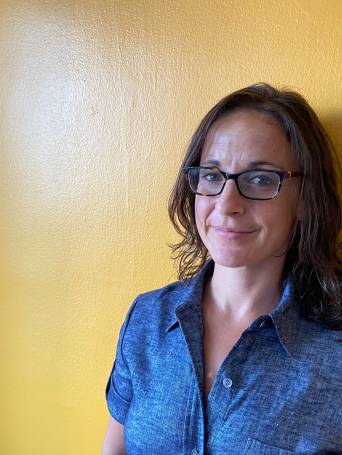In the context of a growing number of intersecting local, national, and global crises, each warranting political strategy, operational responses, and humanitarian planning across a range of states, agencies, movements, technical and political actors, this course focuses on exploring: the relationships between and among decision-makers and affected populations; the political economy of resource mobilization and distribution; the practical tools, frameworks, and blueprints used for response; questions of power in the context of emergency, and; historical determinants of humanitarian need, responsibility, and intervention.
This course digs deeply into the political economy, politics, infrastructure, design, incentives, and dilemmas related to the current development and emergency paradigms, with specific exploration of what constitutes humanitarian action, aid, response, and ethics. Blending both practitioner and theoretical perspectives, this course takes a critical approach to the evolution of development concepts, slow and fast emergency, and structural inequality as they are shaped by historical events and processes, institutions, and ideologies - while simultaneously exploring the role of contemporary aid systems, political and social responses in perpetuating and remedying each. There is special emphasis on the perspectives and vantage points of people most directly affected by perpetual emergency. While not centered on or around the COVID-19 pandemic that has shaped our lives for the last three years, we will incorporate its context and reference it as an embodied case for better understanding the realities and power dynamics affecting “local populations” that we often speak about in this work, as well as a growing field of policy research and practice surrounding compounding crises, or “polycrises.”
Throughout the course, which will utilize active learning modalities such as simulations, large and small group discussion, mapping and platform analysis, analysis of films, discussion of readings, guest speakers from other geographies, and individual reflection, we will engage (and often struggle with) fundamental (and technical) questions such as:
- What are the political, social and economic underpinnings of contemporary development, emergency, and humanitarian discourse?
- How does the design of development and humanitarian infrastructure and technical systems contribute to or alleviate structural inequality within and across societies as part of long-term development paradigms or short-term emergency response?
- What does it mean to be an individual engaged in humanitarian, emergency, and development work as an affected population, as a decision-maker, as an insider or outsider? As an individual or as part of an institution? What are the historical and contemporary sources of these roles, norms, and practices?
- What are the origins and starting points of an emergency? When can we say an emergency has ended?
- How does a focus on underlying causes and power relations change our analysis of the problems and solutions? Should politics be removed from practice & intervention or amplified?
- As people affected by an emergency are not a monolith, how can we define “local” and “sovereign” in mapping competing interests and power dynamics within communities affected by emergency?
- Should we reform or abandon the current humanitarian/development aid system toward alternatives?
